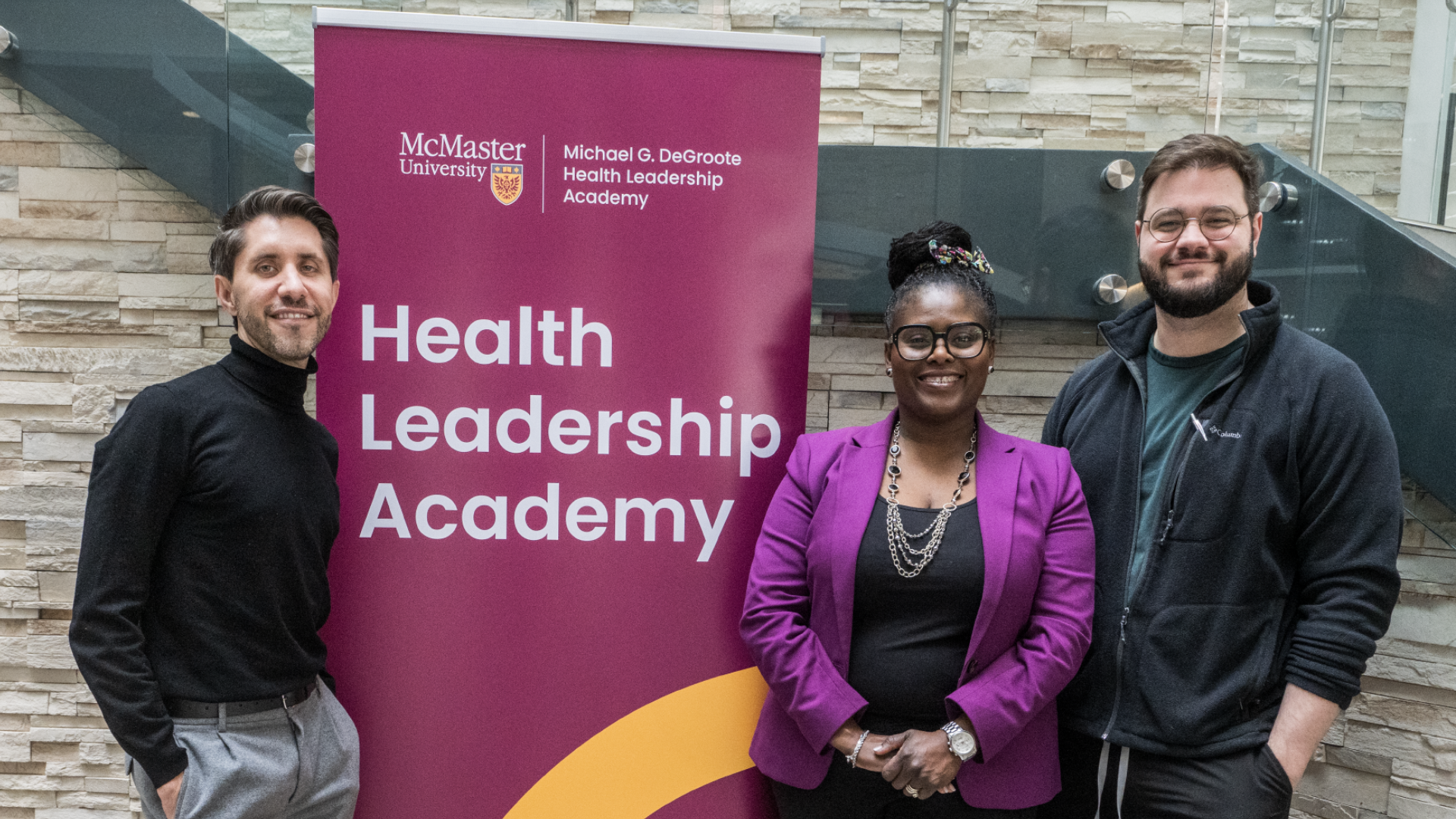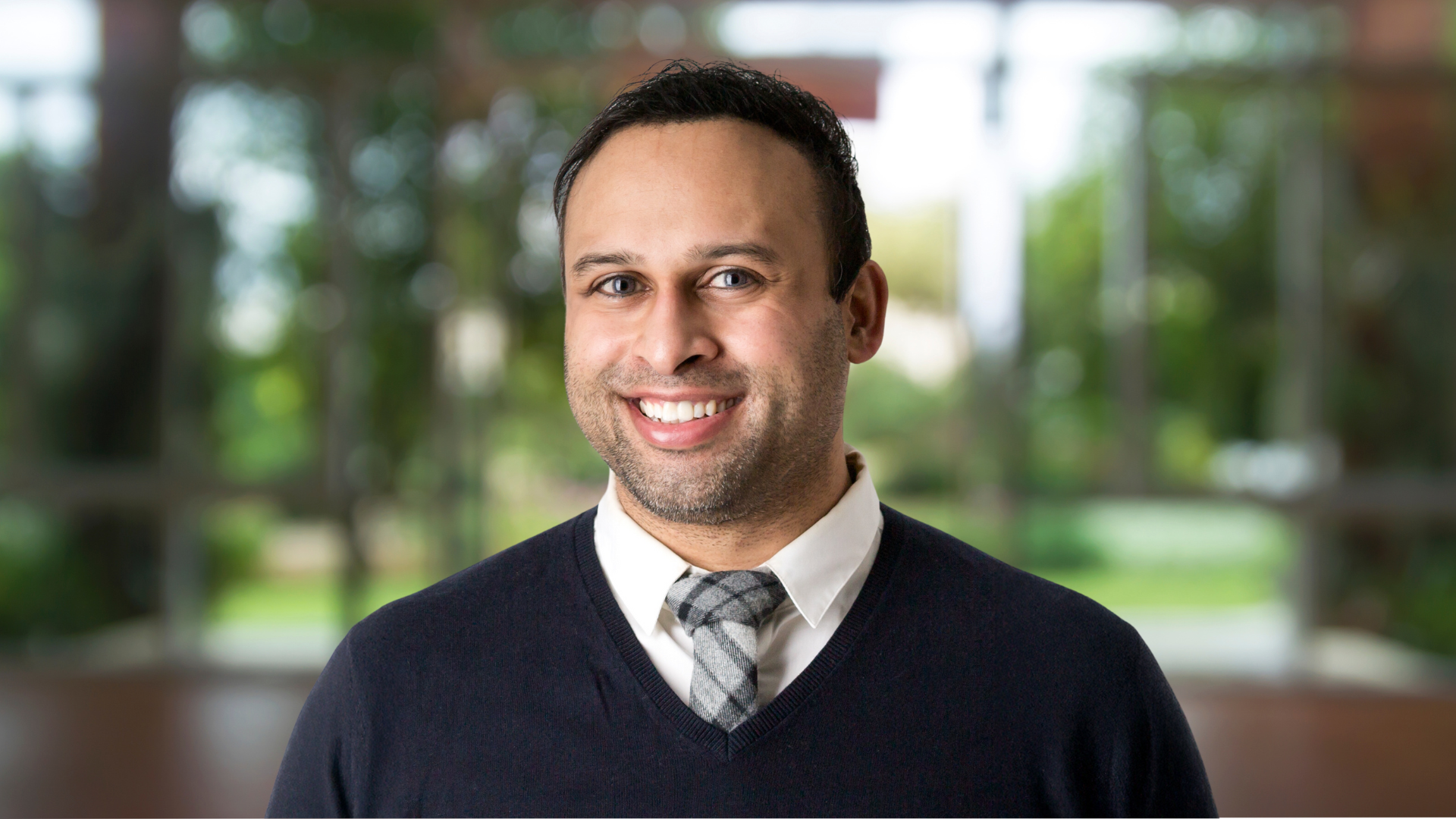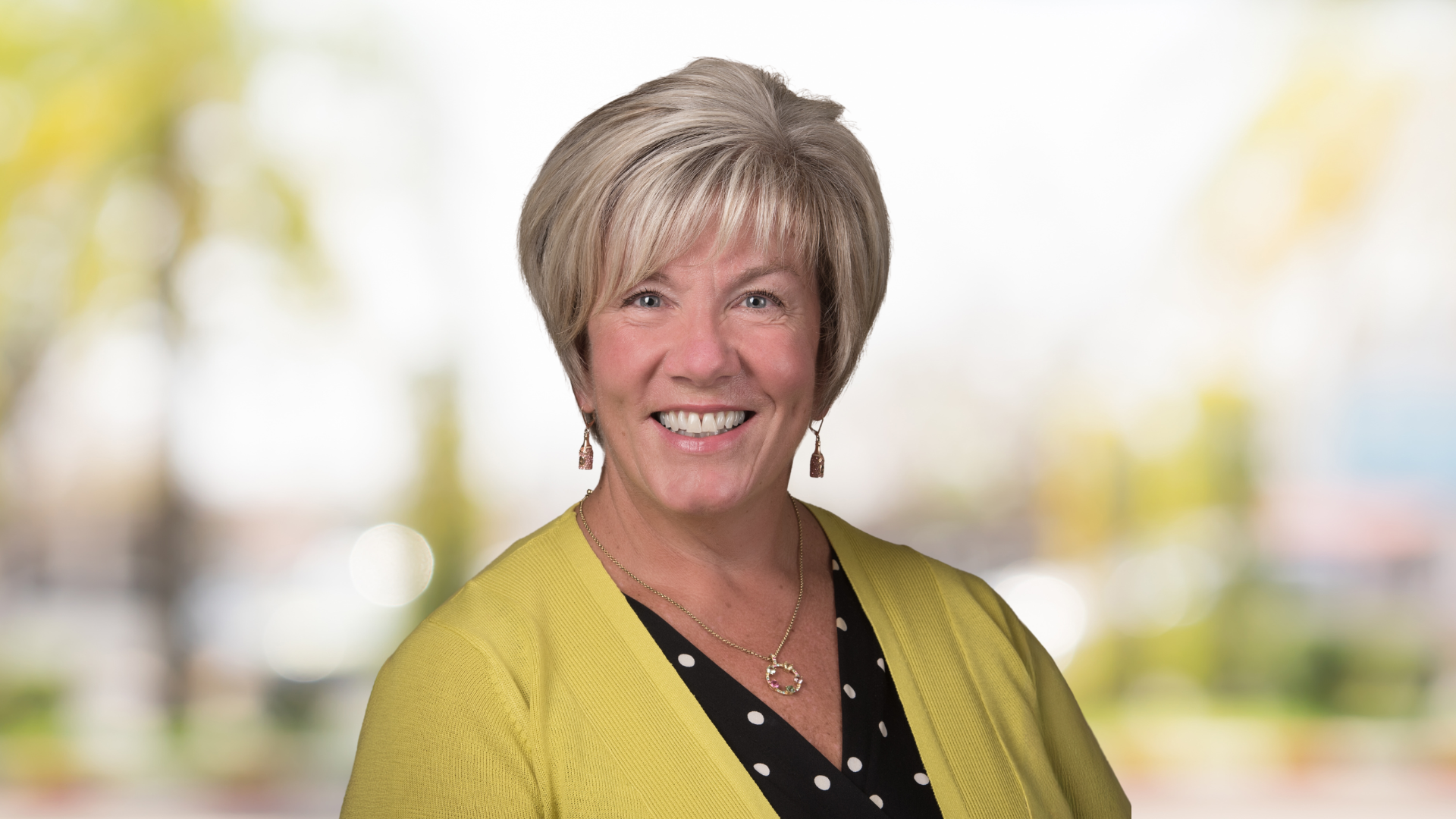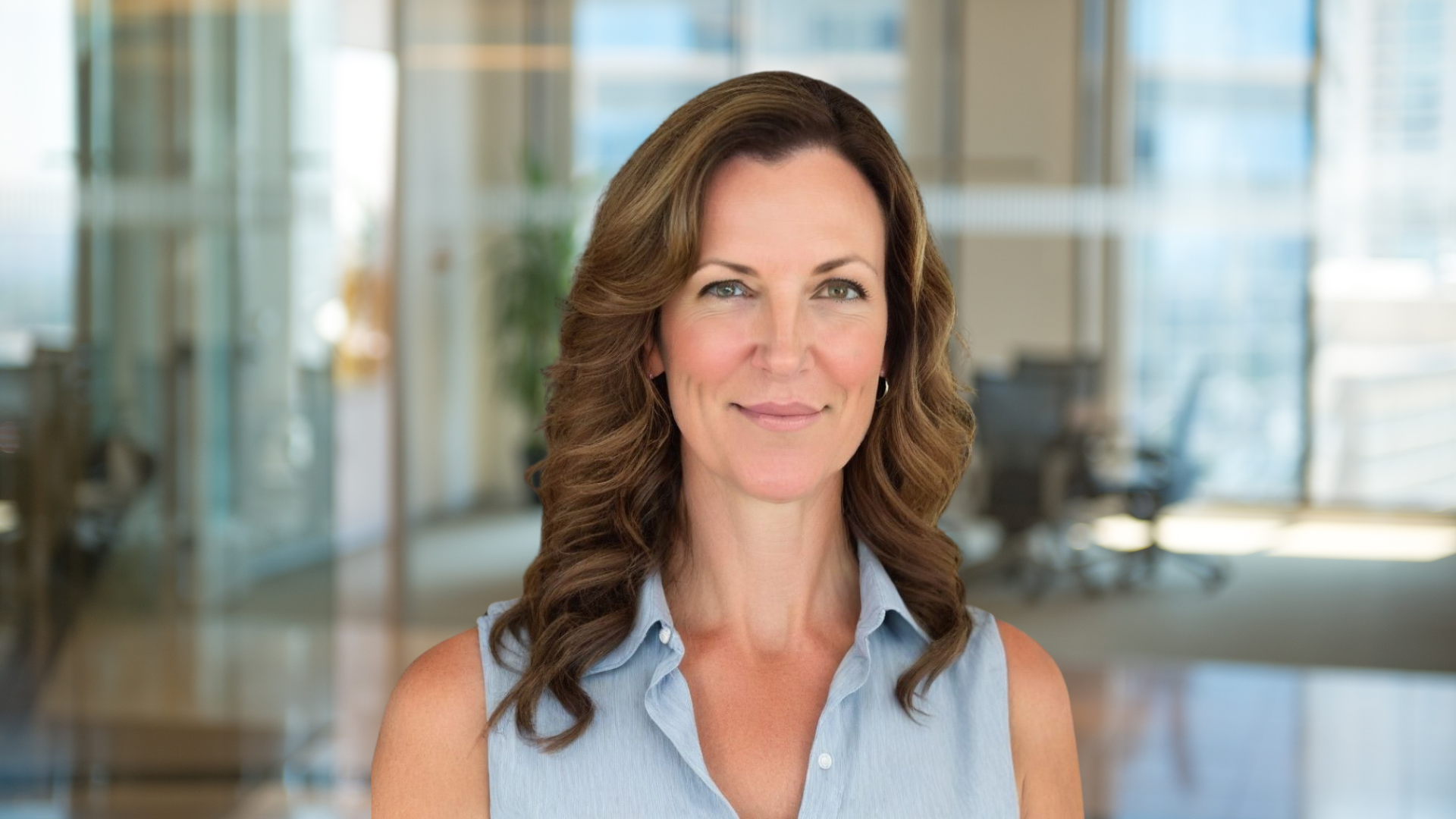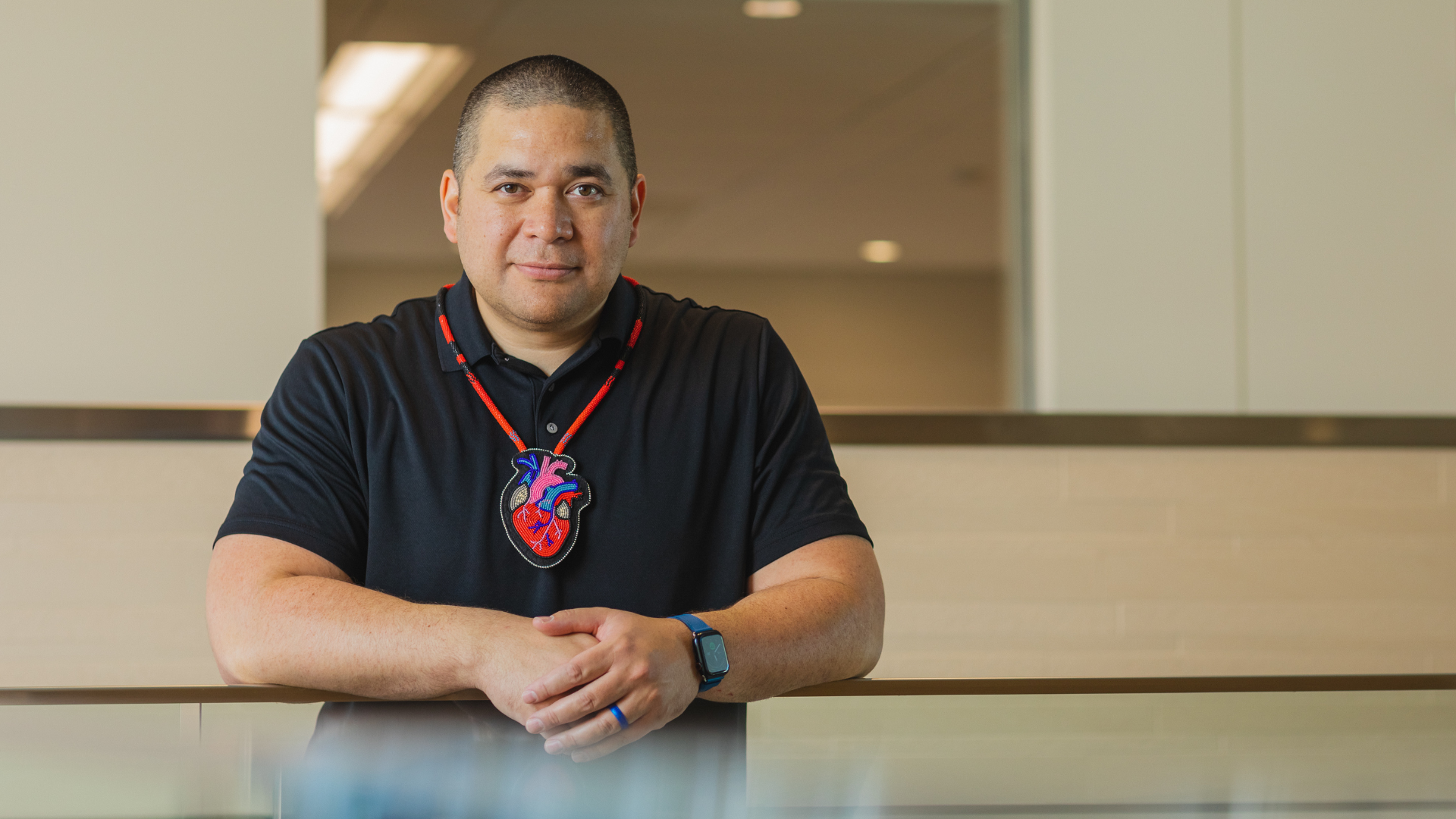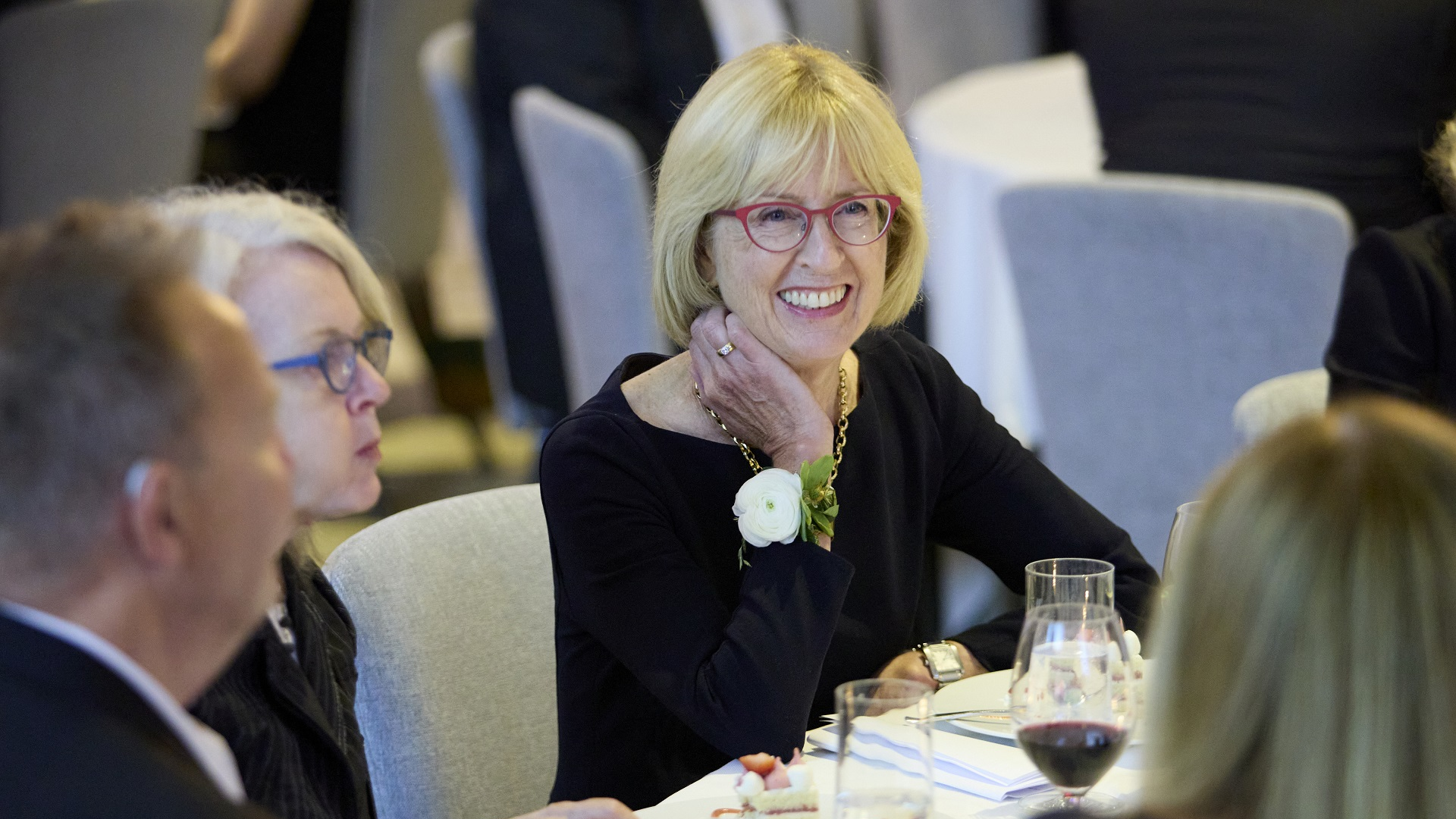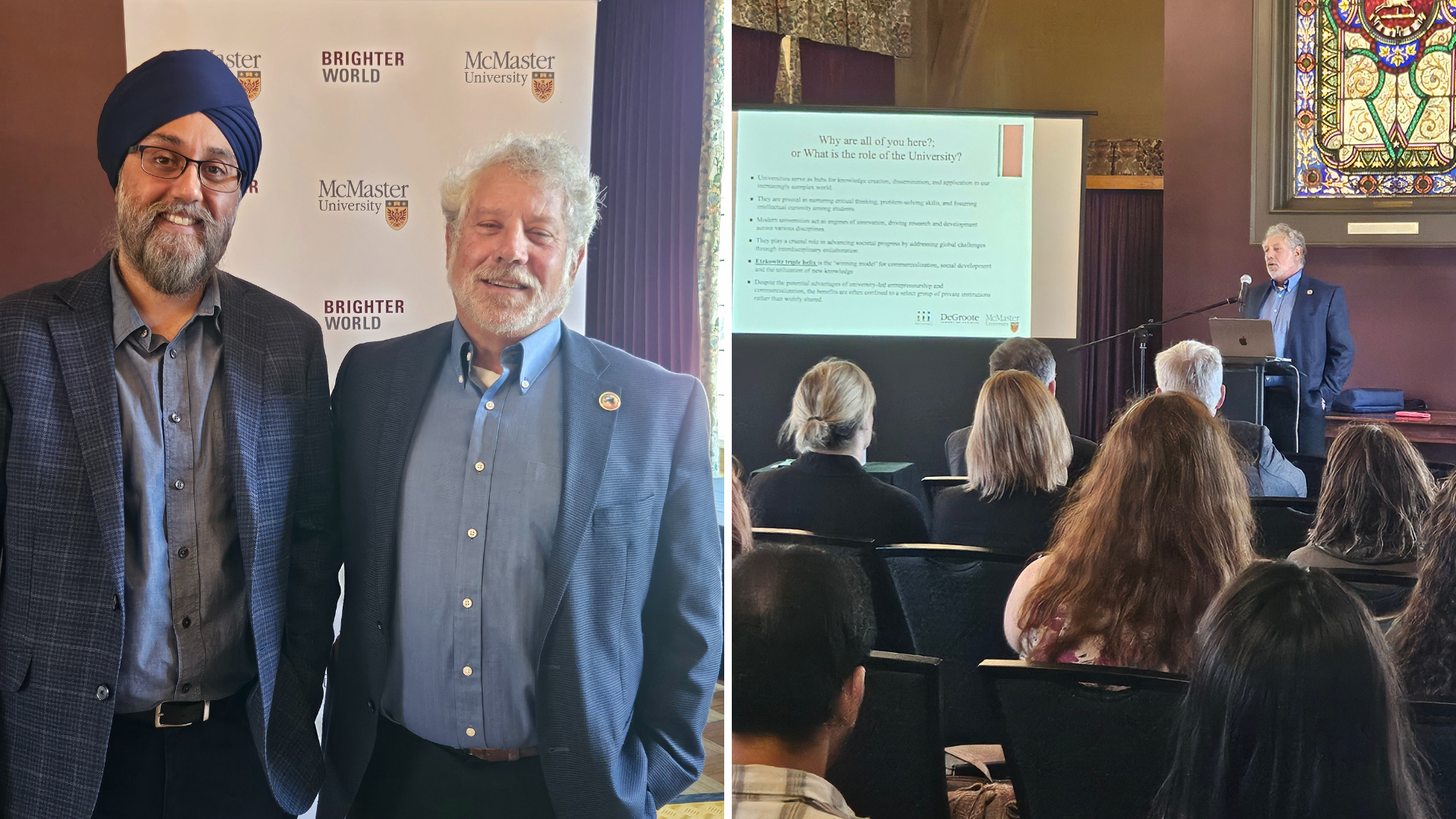ALUMNI STRATEGIC PLAN | ENGAGING COMMUNITIES
Insights Into Healthcare: The Transformation of Home Healthcare
October 27, 2023 ·
Contributed by: Leah Fleet and Joanna Williams


Farah will share her perspective on how technology can enhance the future of health and wellness in Canadians and provide autonomy to patients with their own health decisions.
How would you summarize your experience being part of the first group of the National Health Fellows with the Health Leadership Academy?
The opportunity brought together a diverse group of like-minded leaders in the healthcare space to navigate critical issues facing our country. We were able to find a common voice, to start a movement together, to discuss how we might change the way we are delivering healthcare in this country.
I appreciated the opportunity to think about pervasive issues in our system that fail to be recognized. For example, access to healthcare is a challenge for many. While there are many initiatives happening on a smaller scale, we lack a collective voice and the ability to have impact in a larger way. Being part of this cohort afforded us the opportunity to come together and start to design our approach on a national scale.
Another important piece of our journey involved the recognition and importance of shifting decision making about a patient’s health into their own hands as opposed to relying on old models of care delivery. For example, our country was already facing a long-term care crisis pre-pandemic which led to tragedy through the pandemic. Our aging population is now even more fearful about living in long-term care and there is a desire to be at home for as long as possible. These patients should have the right to choose what healthcare looks like for them and decide where they would like to receive care.
Can you tell us about some of the innovations in healthcare that stand out to you from your recent trip to Palo Alto?
This is something I’ve been thinking a lot about because of my role at SE Health which is a national healthcare organization. Technology can really support effective communication and access. The innovation that we saw in Palo Alto gave me hope for what we might be able to accomplish in Canada and in particular an integrated health record that is accessible across services and provincial boundaries.
I have had experience supporting the transition to an electronic health record and it often feels like a massive undertaking. Palo Alto shed light on what is possible in the health care space which would promote access, continuity and lead to better care. The technology exists and I realized that we are behind in Canada which has prompted me to question why these barriers exist. Similarly, artificial intelligence can be leveraged in a regulated manner to address the overload that we are experiencing. The problems we are facing are big and I believe tech can help solve some of this.
How do you see these innovations helping to solve some of the problems that you’ve identified as part of the National Health Fellows program?
Increasing communication around healthcare data is critical to our ability to serve our patients properly. I think increasing access to information – giving power back to people and not holding power over them is a really important piece, too. Furthermore, we need to understand that access to tech is different for different communities. While innovation can help to solve problems, we do need to consider what the patient’s needs are and design approaches that recognize these varied perspectives.
How do you see some of these innovations helping or even possibly hindering some of the challenges that you face in your work?
Innovation is not easy and the biggest challenge I see is often with implementation. Healthcare doesn’t have the luxury of taking a pause and new initiatives must take place while the delivery of healthcare continues.
What are some of the disruptive forces you see happening in home health care that we need to prepare for?
The biggest disruption has been the pandemic. We mobilized our efforts to be innovative as a province and as a nation. We used technology because we had to. I don’t think we should stop there. I think that was just the gateway to what could potentially be. Similarly, patients experienced challenges that they had never faced before with cancellation of services and inability to access resources. This has made our healthcare consumer more knowledgeable and resourceful but it has also highlighted the disparities that exists.
What are some of the potential privacy concerns, or some of the issues that you foresee when it comes to healthcare innovation and technology?
Cybersecurity is top of that list and that is prevalent and is becoming more pervasive. Insurance premiums have skyrocketed over the last three years. They are expensive because this is a true risk. As we leverage and integrate technology, we are likely to see greater risk that we will need to prepare for. I think the other piece is truly being able to maintain confidentiality of that personal health information. Privacy is synonymous with healthcare and we must afford this to our patients through increased training and education of our healthcare providers.
When it comes to cyber security are there any issues or concerns that are at the top?
Being hacked and private and confidential information being accessed by the wrong individuals. Also, the affordability of new tech and the increasing insurance costs.
What elements or risks are involved for employees in an organization?
Becoming relaxed with practices around information sharing can occur when we increase our use of technology. Remembering who is in the circle of care is important to prevent inadvertent disclosure.
Do you have any additional thoughts to share?
I am excited about what the future holds. I am optimistic about beginning our collective work on reimagining, reinventing, and transforming the way we deliver healthcare in Canada.

